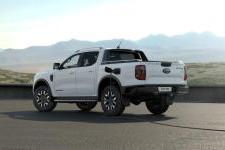Why are There so Many Different Car Chargers Within the UK Network?
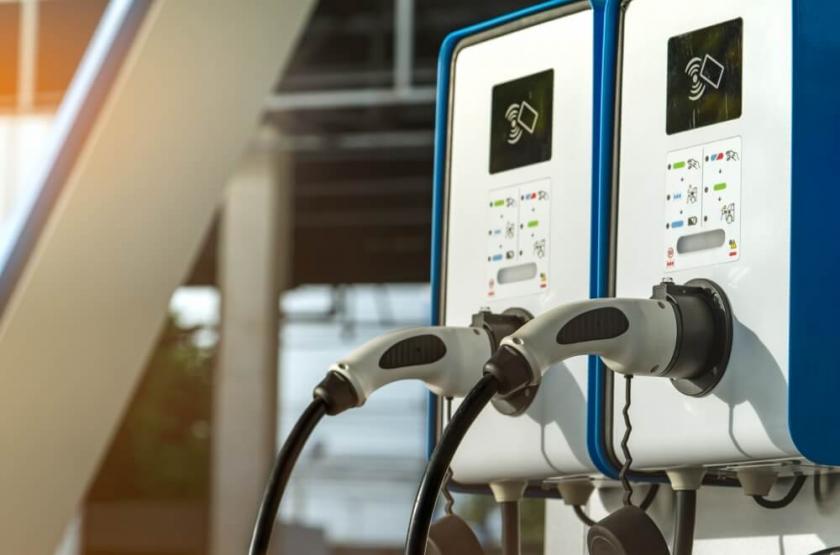
There are many benefits to driving an electric car - they’re better for the environment, cheaper to run, and offer a quieter driving experience. But since they were introduced to the mainstream motoring market, drivers have found themselves up against two problems: limitations on range and finding somewhere to recharge the battery. While battery technology continues to improve, finding a suitable EV charging facility is an ongoing problem.
Most EV owners have charging facilities at home or their place of work - after all, when the car is going to be sitting outside your house or office for hours at a time, it makes sense to use this opportunity to recharge. But when you fancy a longer road trip, you're likely to end up going further than your EV’s range, so you’ll need to make a pit stop to recharge.
The Renault Zoe can charge up to 80% in less than two hours. It features Renault’s Chameleon charger which is compatible with slow and rapid charging connectors (more on those below!) This means it can be plugged into any 22 kW charger and recharge using the maximum power rate on offer. And if you opt for the CCS (Combined Charging System), that brings the Zoe’s charging capability up to 50 kW.
But even though there are more than 37,000 independent public charging connectors in 13,673 locations, getting a top-up when you’re away from home can be tricky. You’ll have to pay to use many chargers, whereas in the early days of EV popularity they were free or only charged a nominal fee.
You’re probably thinking that 37,000 charging connectors sounds a lot - surely you’ll stumble across one on your planned journey. But unfortunately the charger you’ll need to use will depend on which EV you’re driving. There is not an adaptor to enable you to plug in anywhere - unless you just plug into a standard 3-pin socket, but charging up that way is likely to take a long time.
Even spotting a charging unit can be tricky, as they’re designed and fitted by many different charging networks. You’ll need to find a charging unit that’s compatible with the charging speed that your EV can handle - this will determine which chargers and connectors you will need to use.
Confused? Read on for the lowdown on the different types of car chargers available in the UK and why there are so many.
EV batteries
The battery in an electric car is basically an extra-large version of the one in a smartphone. It holds direct current electricity (DC) and powers the car with it on demand. It’s charged in the same way as a phone, by plugging it in. However, the size means it holds more electricity and will take a long time to recharge if you’re just using a standard 3-pin plug socket.
Read more: Which Electric Car is Right For Me?
How quickly an EV can be recharged depends on three factors:
-
Battery size - a bigger battery will take longer to fully charge than a smaller one
-
Electricity source - using a charger that offers a high kW value will supply more electricity than one with a low kW value
-
Amount of electricity the battery can hold - the battery can only hold a certain amount of power so it will only take that much, even if using a line with a higher kW value
Types of car chargers
Slow - Level 1
All-electric vehicles are supplied with a Level 1 charger cord. It’s the most accessible charging option, as it uses a standard household power outlet (120 volts). But it’s also the slowest. Exactly how long it takes to charge up the EV using a Level 1 charger will depend on the vehicle type, but it’s likely to be between 6 and 12 hours for a plug-in hybrid car. They are great for keeping your car topped up while you're sleeping, or whilst you are at work. If you're not going on long journeys, charging at home overnight should sustain you. However, in a pinch, it will probably take around 24 hours if you’re using a 3 kW slow charger with a fully electric vehicle, so it’s only really helpful as a last resort or emergency charging method.
Read more: Electric Car Chargers to Become Mandatory in New UK Homes
Fast - Level 2
These chargers use 240-volt power. If you own an EV, you might wish to have a 240-volt line installed in your garage or outside your home. You’ll also find them at external locations like shops, hotels and restaurants. If you’re making a short trip they can be handy, but still unlikely to be useful on a road trip. A fast charger rated between 7 kW and 22 kW can offer enough power to fully recharge an electric car in around 4 hours.
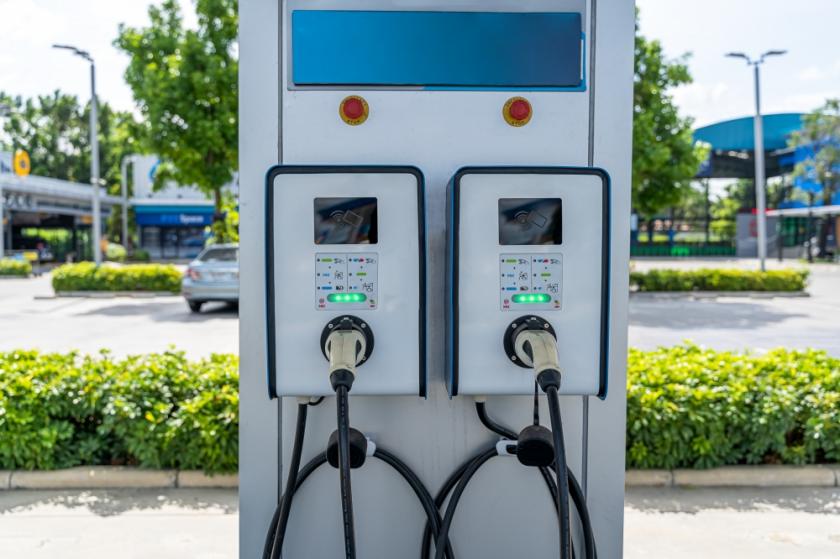
AC/DC - Rapid - Level 3
These are the fastest chargers currently available for EV’s. Some are capable of recharging an EV with a 60 kWh battery to 80% in around half an hour. So if you need to charge up quickly, this is the type of charger you’ll want to find. However, it’s best not to rely on them too often, as frequent fast charging could wear your battery out more quickly.
Read more: Green Number Plates Introduced on UK Roads
Car charging networks
There are a number of major and minor public networks available to EV drivers; BP Pulse, Osprey, Source London, Engie, E.ON Drive and Shell Recharge to name a few. The majority of networks can offer a combination of slow, fast and rapid charging options.
You’ll normally need to download a smartphone app to pay for the use of a public charge point. Some accept contactless payments too. The costs to recharge usually include a compulsory standard connection fee as well as a charge for the electricity used (based on the network’s electricity tariff). If you decide to take out a membership with one of the charging networks, this may allow you to access better rates - but that’s only helpful if you’re going to have regular use of a particular network's charging station. For most EV drivers, you’ll end up having to register with several different charging networks.

Liam Ray Co-Founder and Managing Director of Virtus Energy said "We are already seeing more EV models released, purchase price reductions and battery efficiency improvements are key factors that have contributed significantly to the adoption of electric vehicles. A major barrier for more people to uptake the EV offering is the slower pace of the charging infrastructure.We need to see improvements in the Public Charging Network, both in the number of charge points and a more painless customer experience. The Government has created a £400 million Charging Infrastructure Investment Fund (CIIF) to help accelerate the roll-out of publicly-accessible charge points, which will help.A crucial part of being an EV driver is rewiring your habits, with the average daily mileage in the UK at around 20-30 miles a day, so plugging the car every other night would be more than sufficient. Therefore home and workplace charging infrastructure will provide the necessary power for most of us and our daily journeys."
Read on to find out more about some of the charging networks that are available.
Charge Your Car
This provider runs a network of UK charge points which are owned by external companies. The tariffs are determined by the owners.
Membership cost - £20 per year for RFID network access card
App is free to download
£1 connection charge (unless the owner has put another fee for charging in place)
Rapid charging usually requires payment - charged at a flat rate per kWh used
BP Pulse
Previously known as Polar, this network can be used via an app, RFID network access card or contactless card. The monthly membership offers free charging at around 50% of their charging points. Live data interactivity means you can check online which connectors are in use or available.
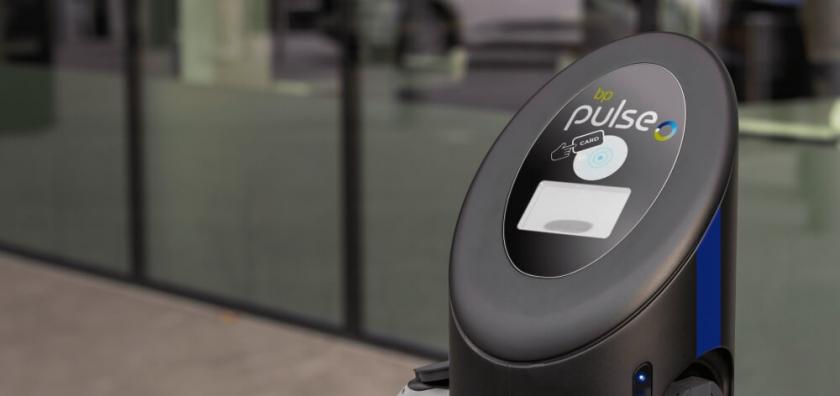
Over 7000 of the UK’s public charging points are owned by BP Pulse. In addition to fast and rapid points, they also offer ultra-rapid charging (150 kW) which can give about 100 miles of range in only 10 minutes. It can be used by EV drivers with CCS (e.g. Jaguar I-Pace and Kia e-Niro) and CHAdeMO (e.g. Mitsubishi Outlander PHEV and Nissan Leaf) connectors.
Monthly membership cost - £7.85 (initial three months free)
Pay as you go costs:
Fast points - 12p/kWh
Rapid points - 15p/kWh
Ultra rapid (150 kW points) - 27p/kWh
Ecotricity
This company covers the motorway network across the UK, offering charging points at various service stations. To use their network, you need to register via their smartphone app. Pricing is straightforward and includes a basic connection fee and then a charge per kWh used. If you choose to use a non-rapid 22 kW Ecotricity fast charger, you can use these for free if you have an Ecotricity RFID card.
Membership cost - FREE
Cost per charge - 30p per kWh used
15p per kWh used for Ecotricity customers
Tesla Supercharger and Tesla Destination
Supercharger enables Tesla EV drivers to quickly charge up their car on major trunk roads across the UK. It’s known for being one of the UK’s fastest EV charging networks - twice as fast as most CHAdeMO or CCS rapid charging units. Destination chargers can be found at locations where you’re more likely to spend more time. Their Fast chargers can offer Teslas a top-up in a couple of hours, whereas the Superchargers offer 120 kW or even 150 kW.
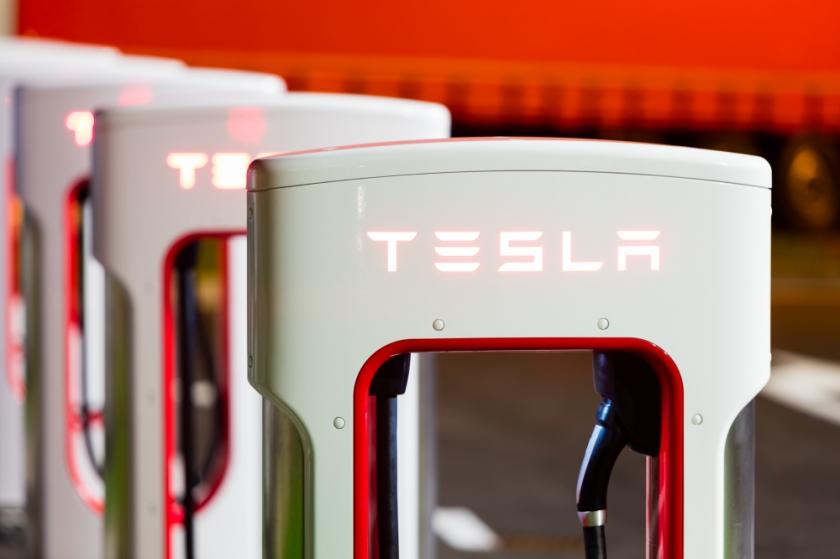
Supercharger Membership Cost - None
Cost per charge - Around 26p per kWh
Approximately 400 kWh free per year
Destination Membership Cost - None
Cost per charge - free (if you’re a customer where the Destination charge point is located!)
Parking charges may be applicable
Don’t drive a Tesla? You’ll usually find a non-specific Level 2 charge point at Tesla Destination charge points.
Read more: Visualising the Future of Tesla Cars From 5 Patents
Shell Recharge
Available on a pay and go basis, Shell Recharge charging points are accessed through the Smoov app, RFID card or contactless payments. All charging points are rapid chargers - which is useful as they are all found at petrol stations, where you’ll only be making a quick stop. They offer three different connectors; these are CHAdeMO and CCS for 50kW DC charging and Type 2.
Membership cost: None
Free app/RFID card
39p per kWh used
Zero Net
This is a UK-wide network of pay and go charging points located at a variety of hospitality venues such as hotels and restaurants. There are no fees to join or access the charging points, and each location can set their own fees - however, they are encouraged to keep EV charging free. No need for an RFID card; you just need to plug in and charge. Most points use Type 2 connectors.
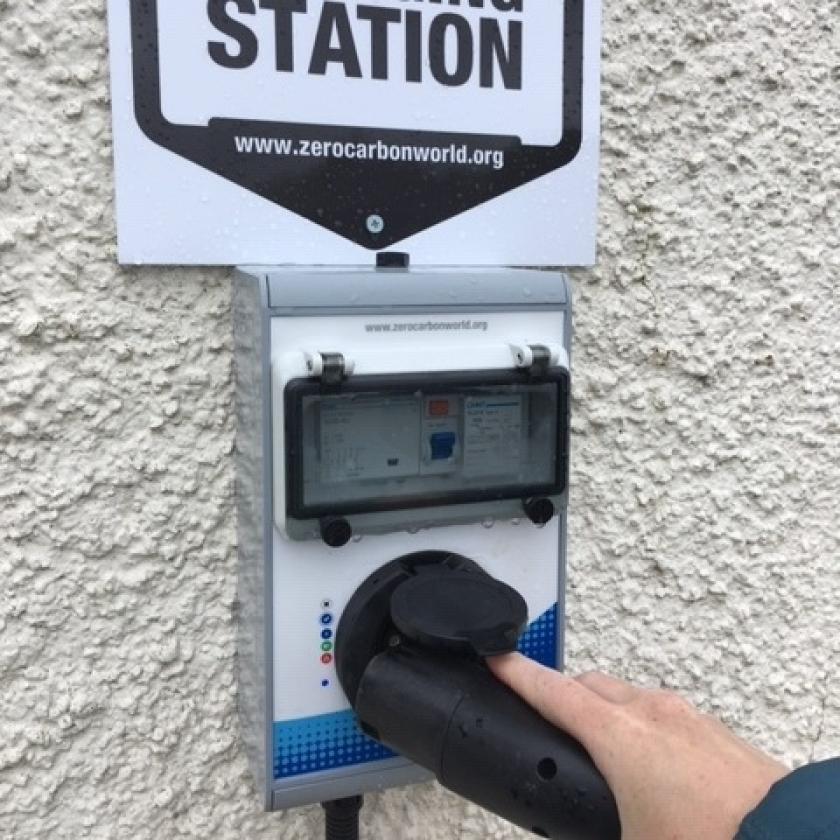
Membership cost: Free
Cost per charge - Check with point owner - however many are free for use by customers of the hospitality destination.
If you’re thinking about leasing an electric vehicle, take a look at the range available from Rivervale Leasing today.
If you'd like to learn more about EV's, or find the vehicle for you, give us a call on 01273 433480, or request a callback to suit your schedule.





